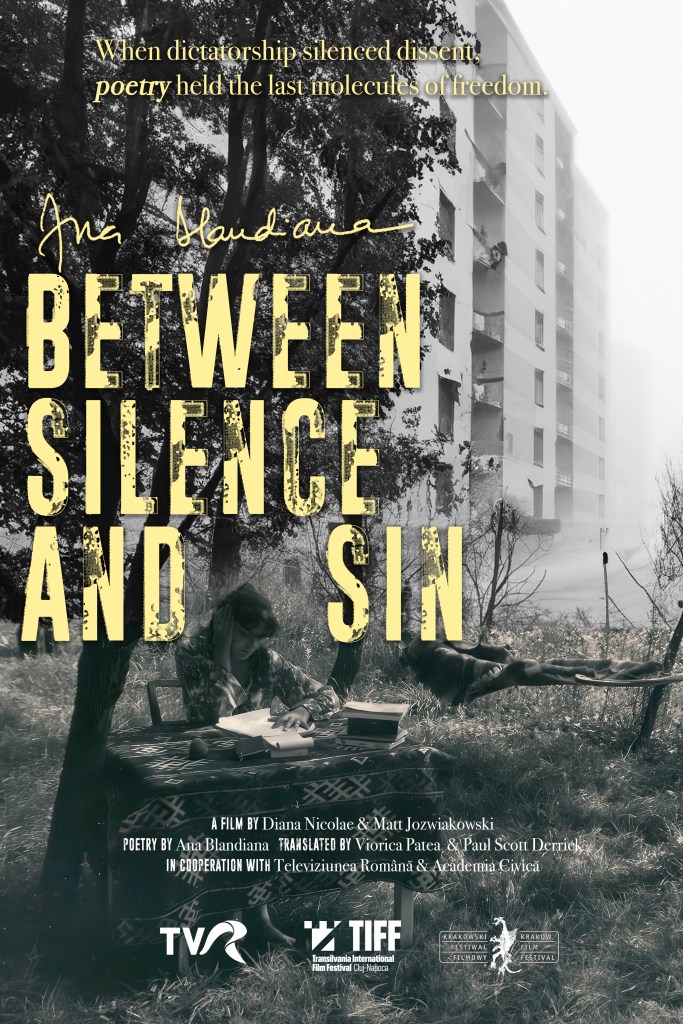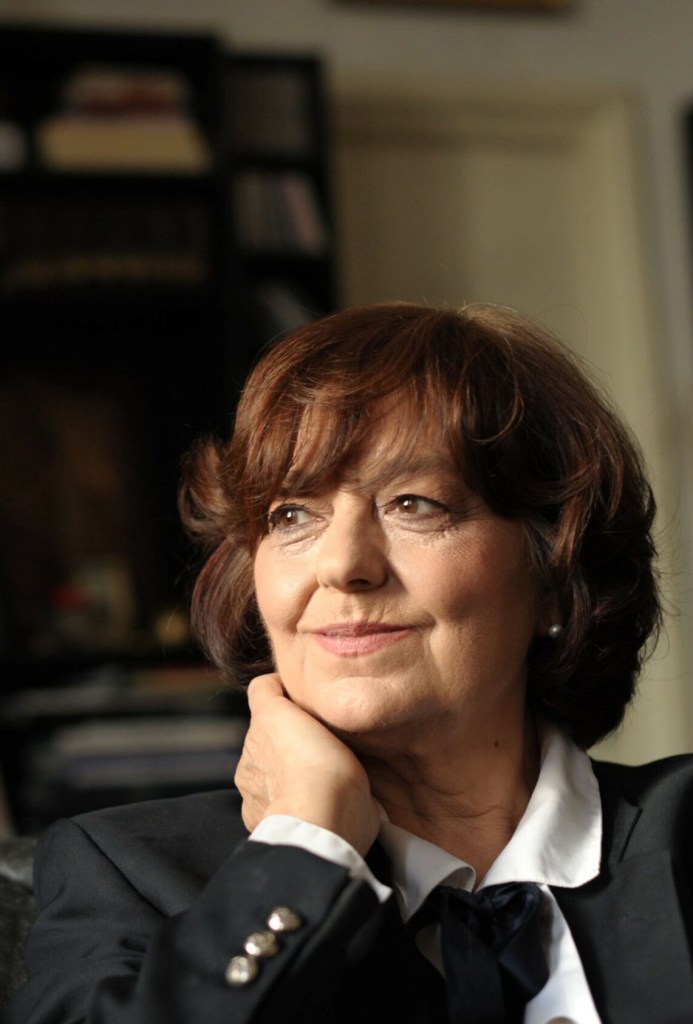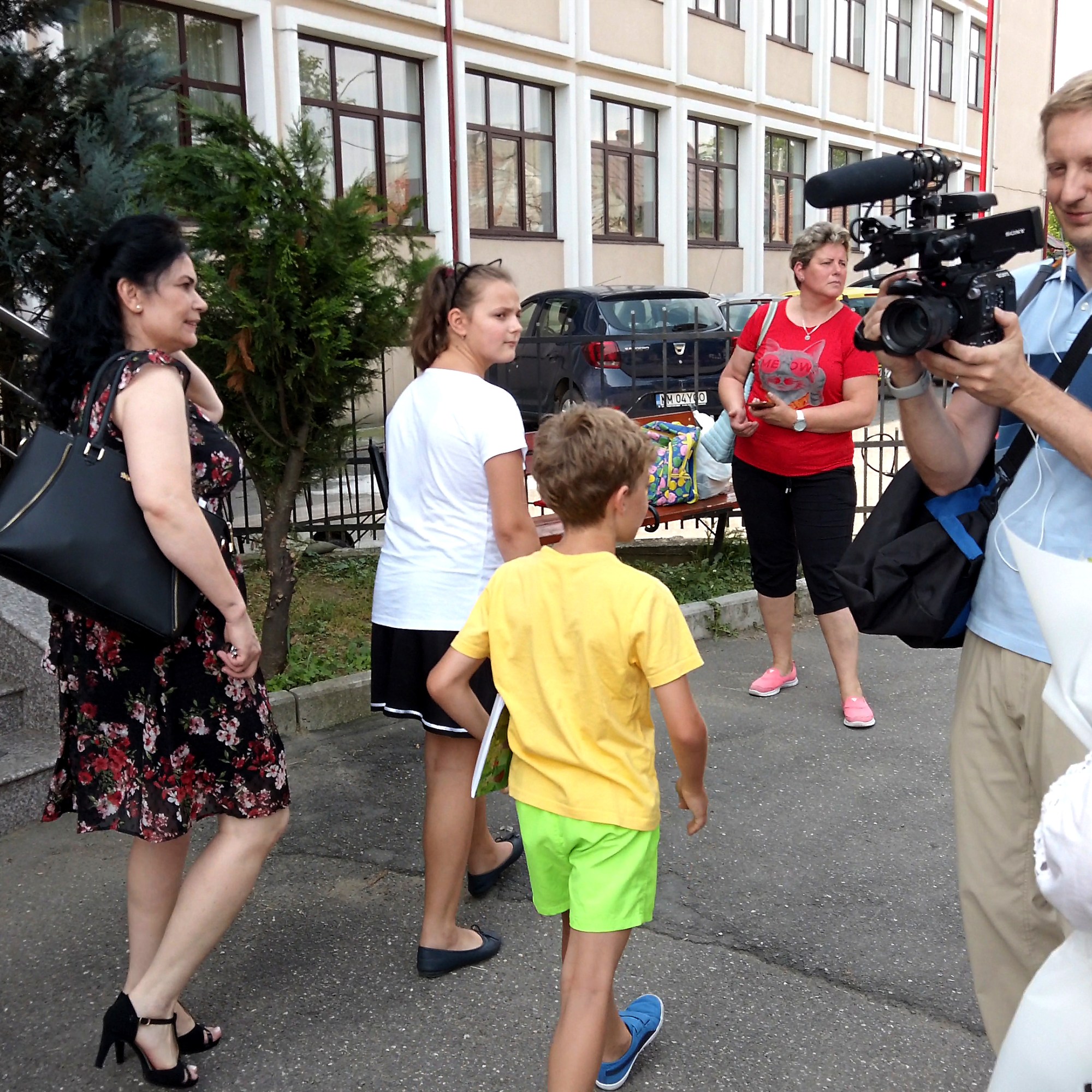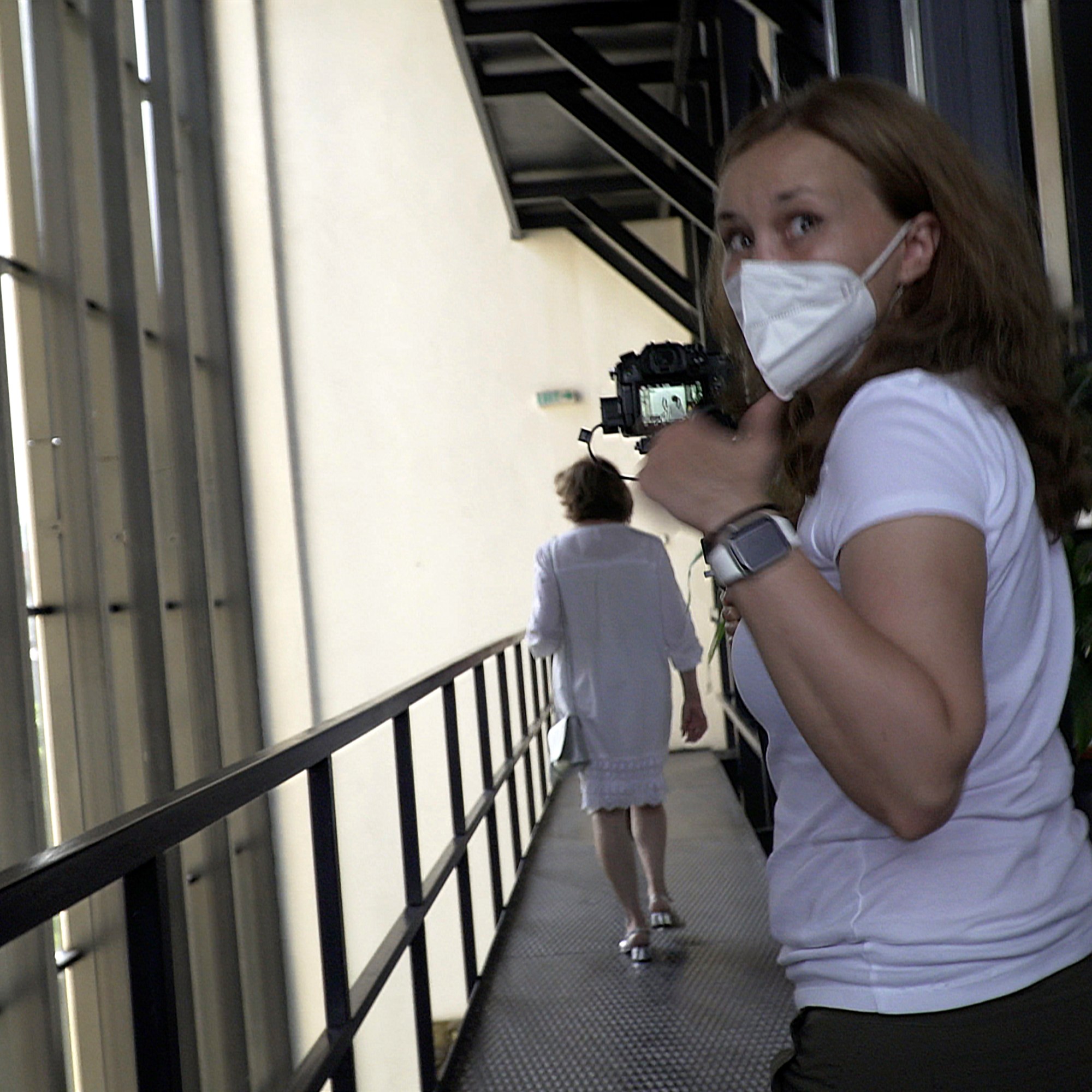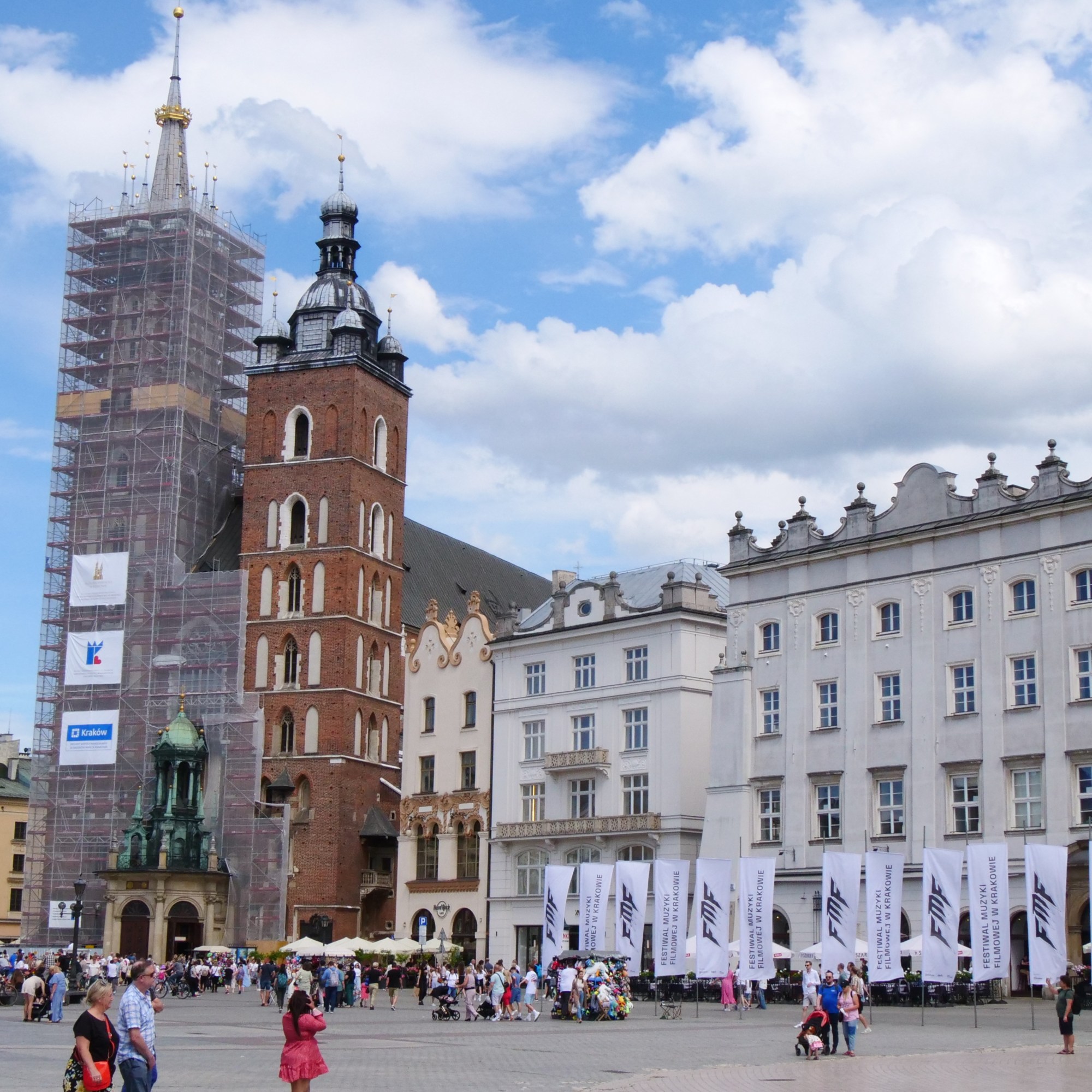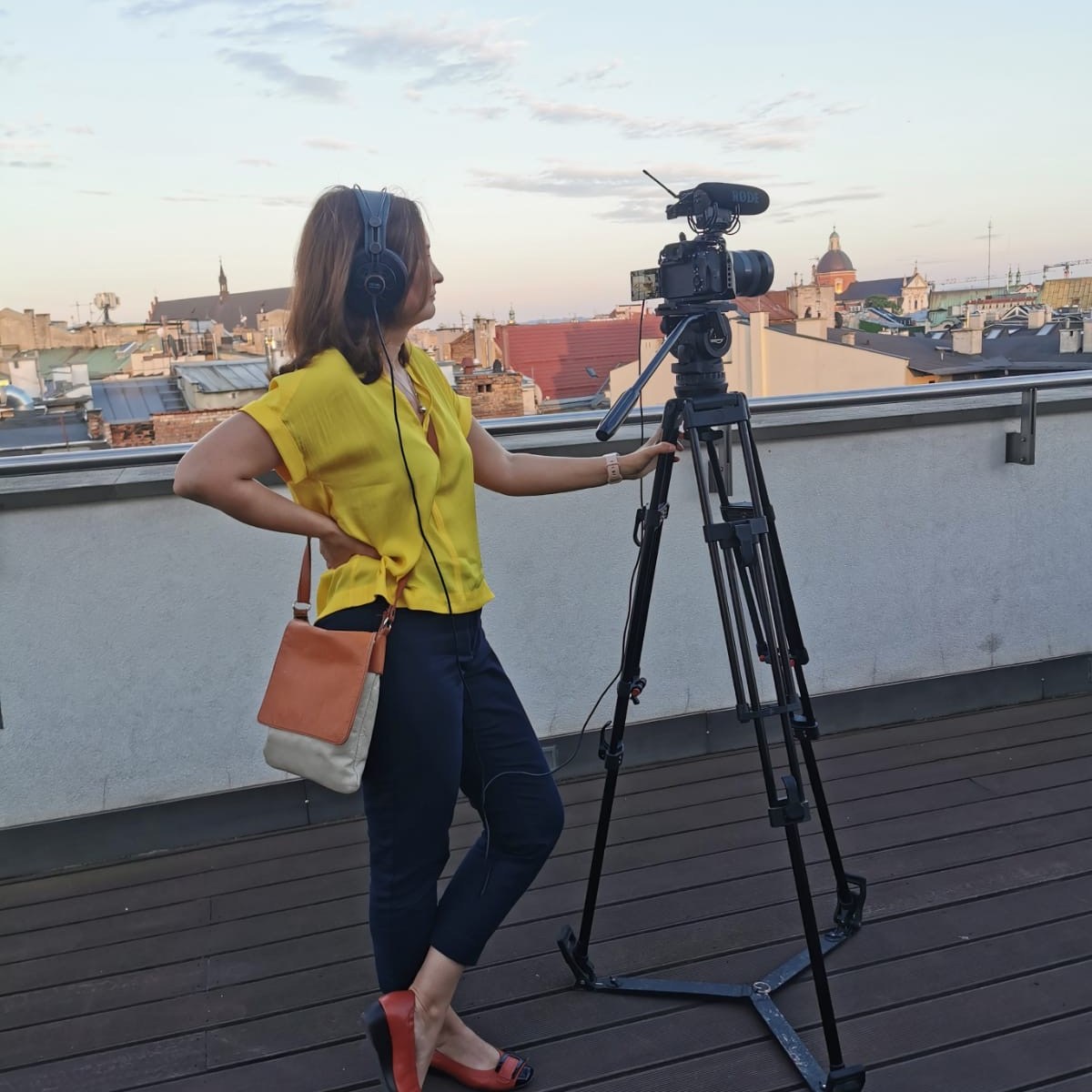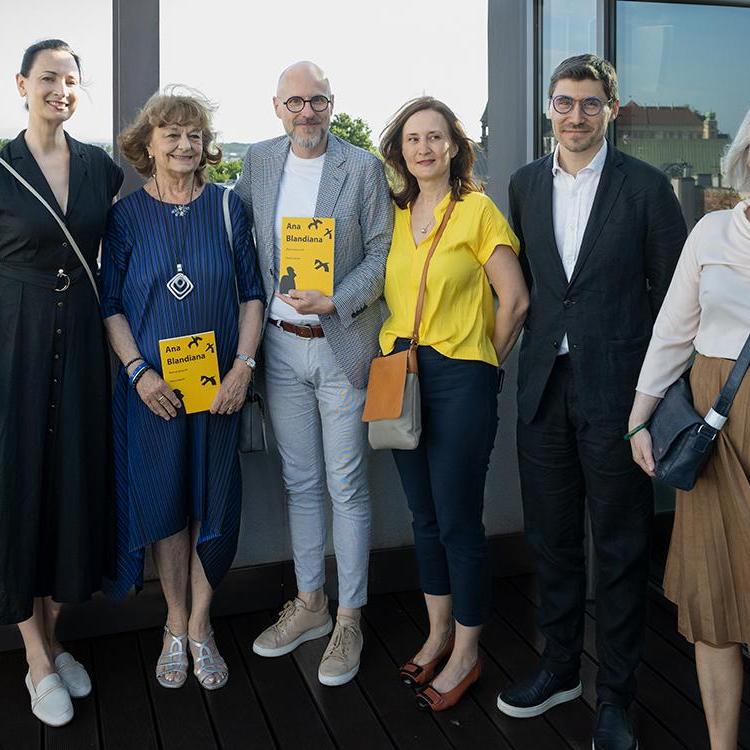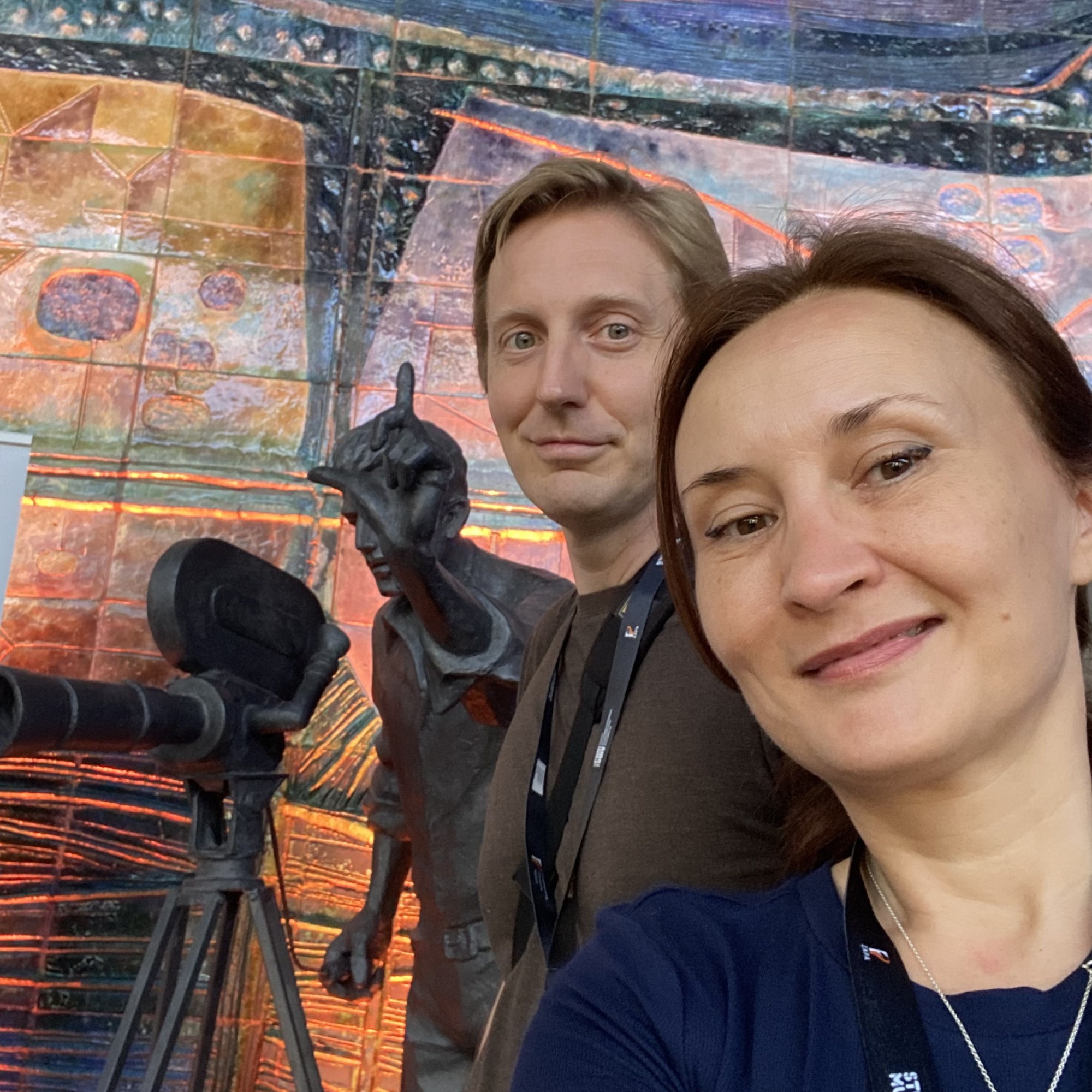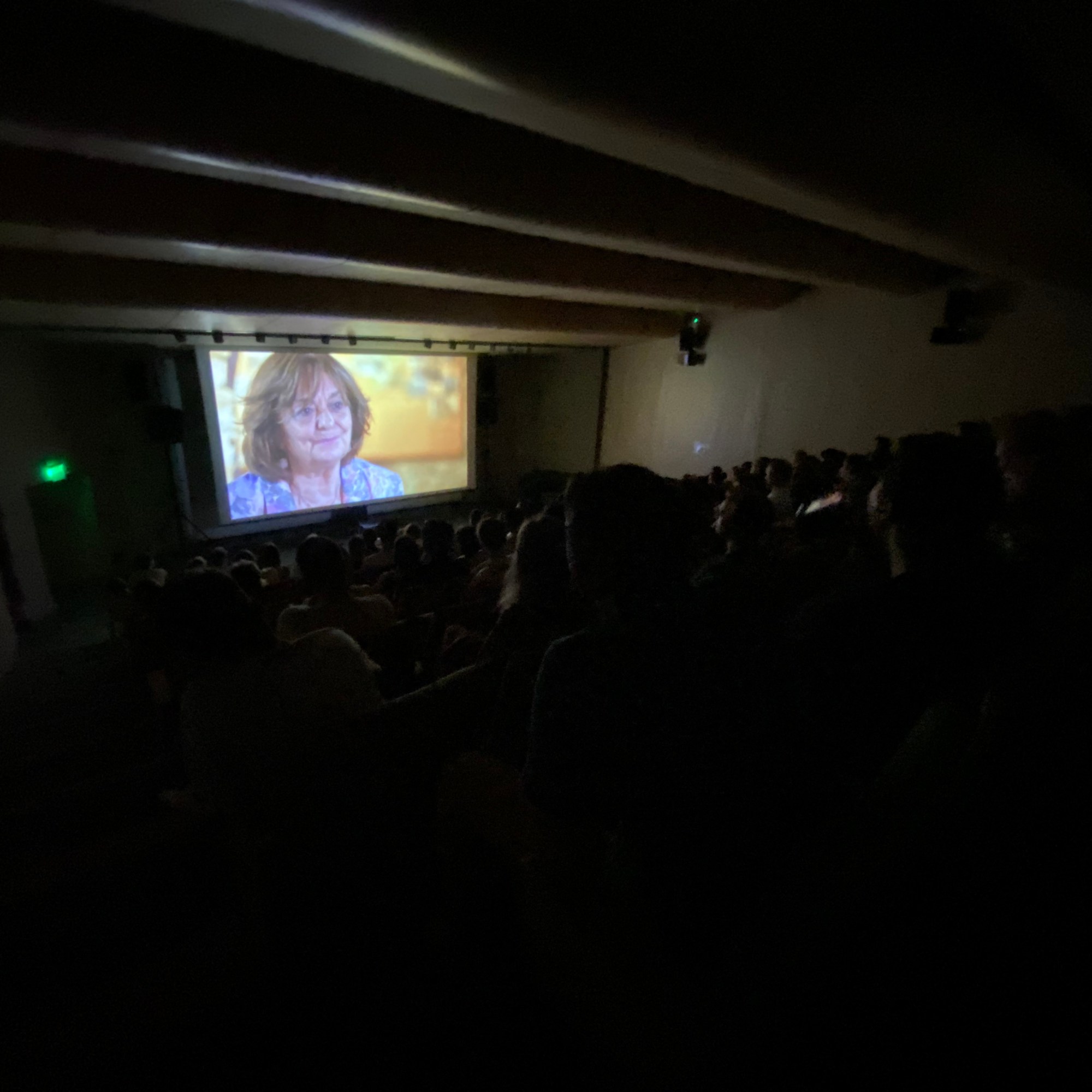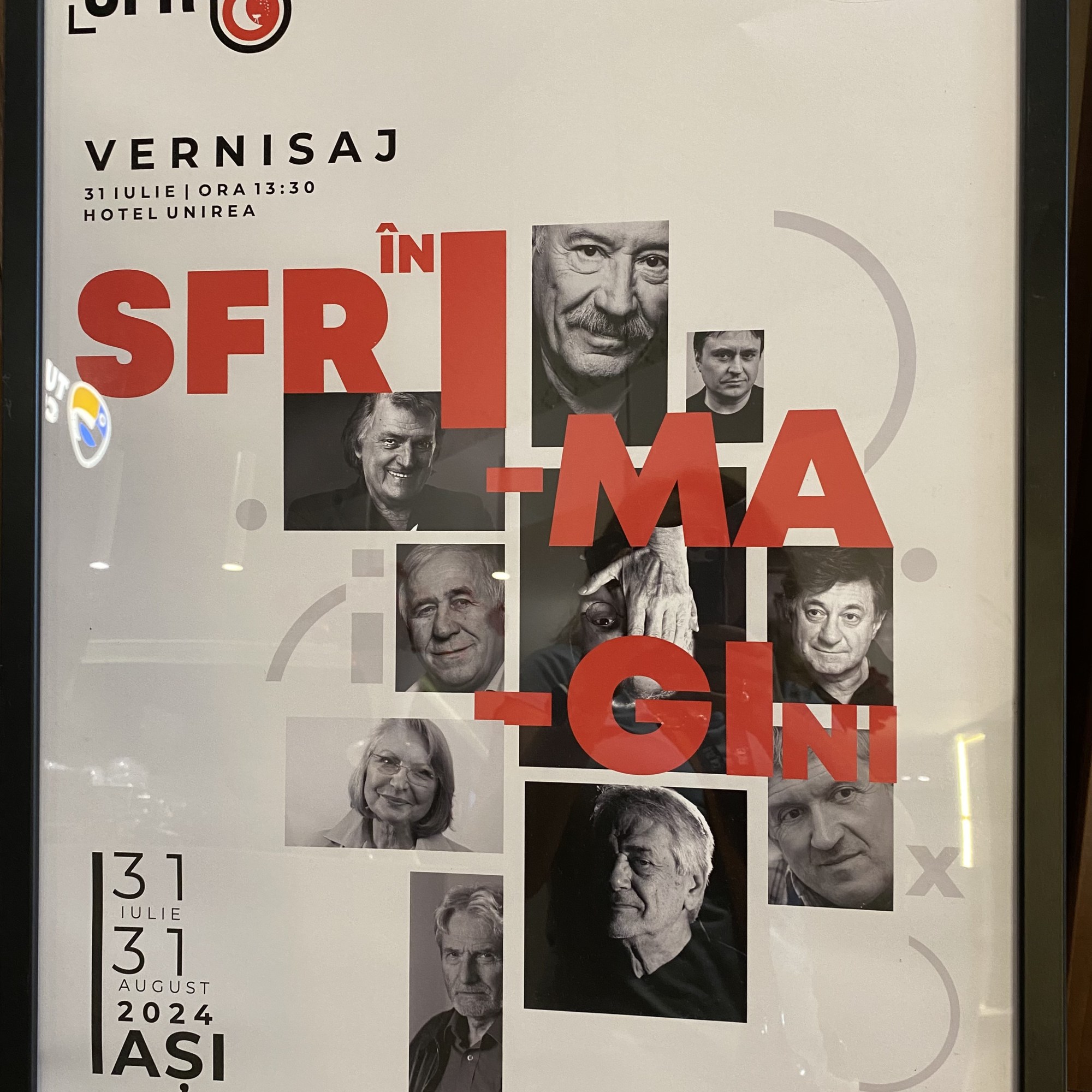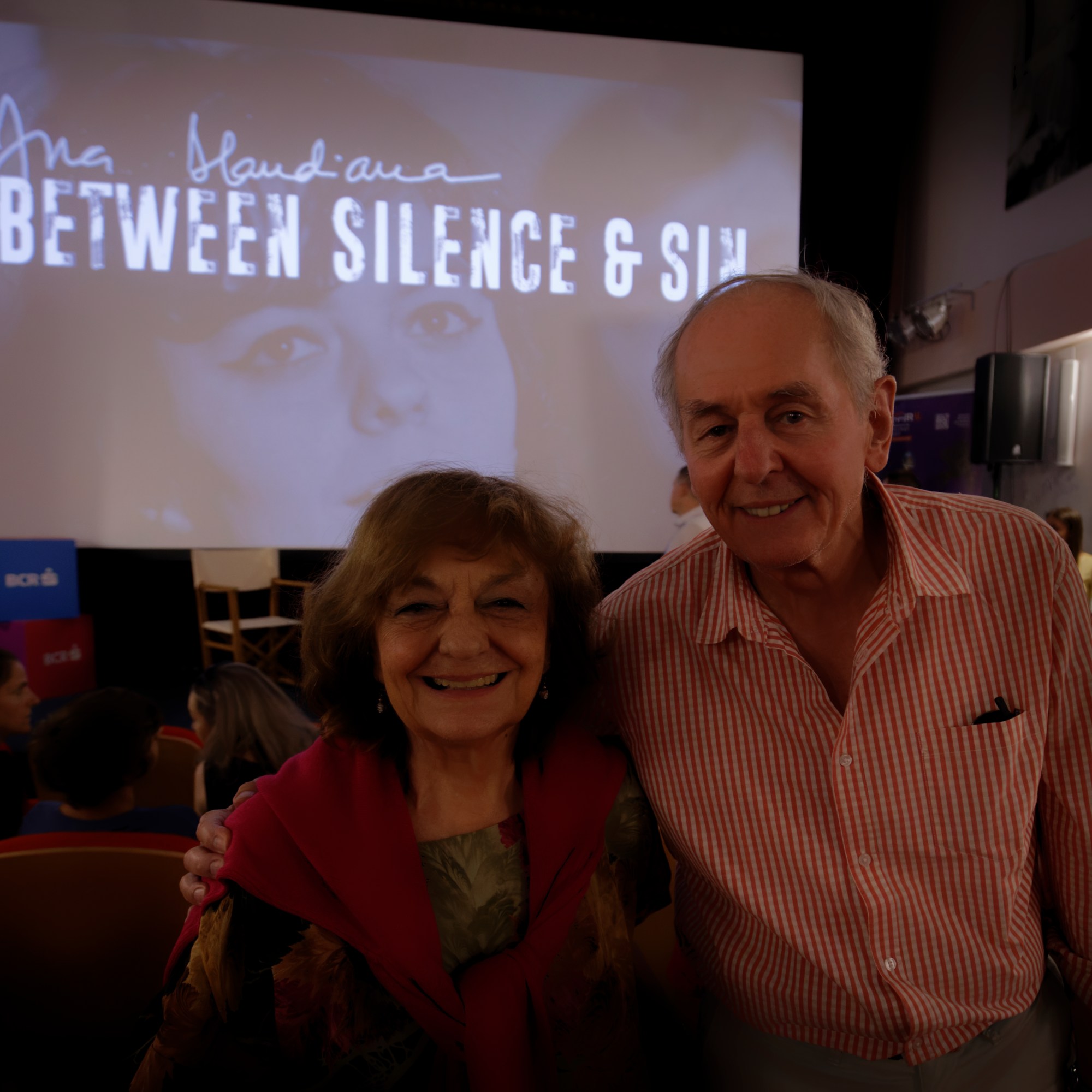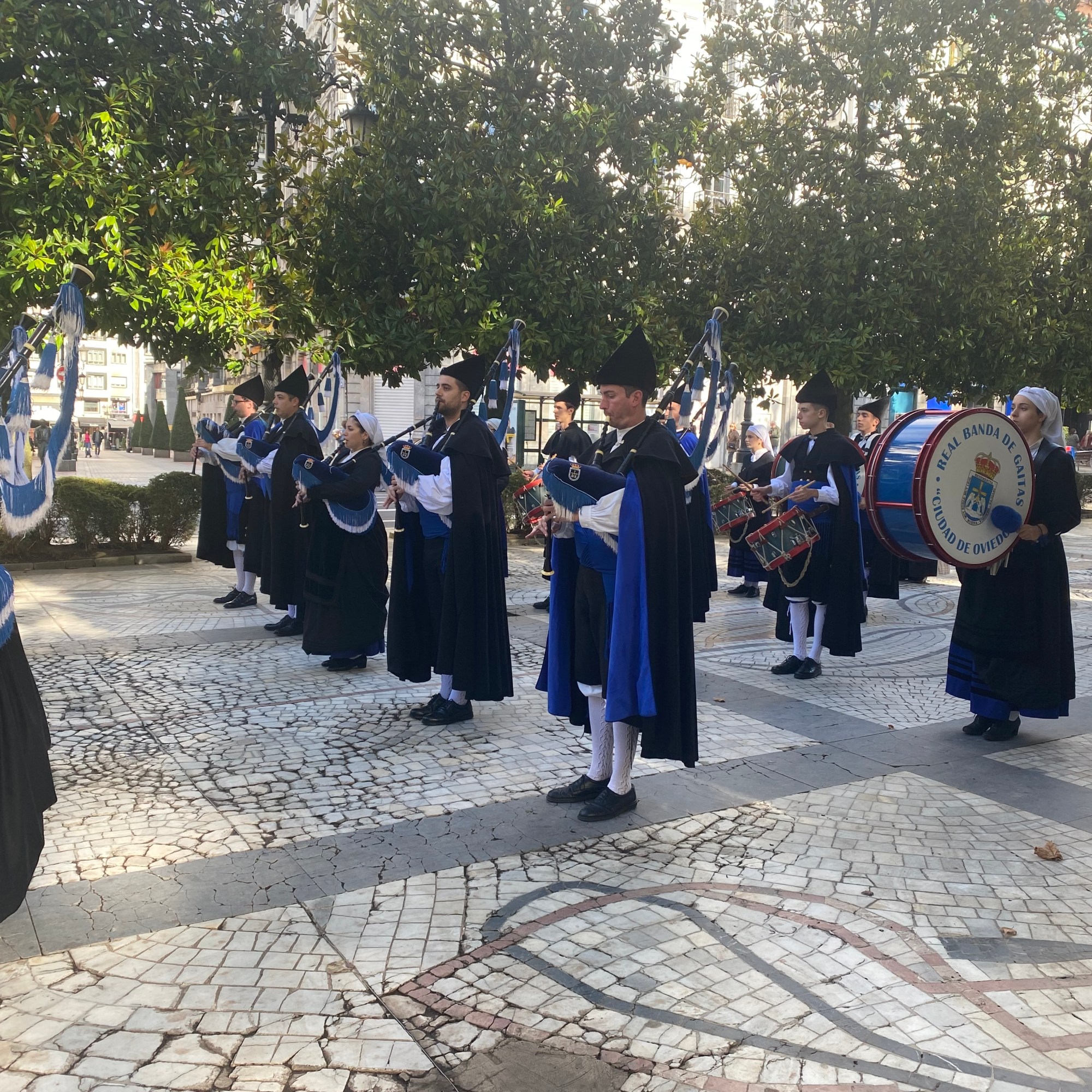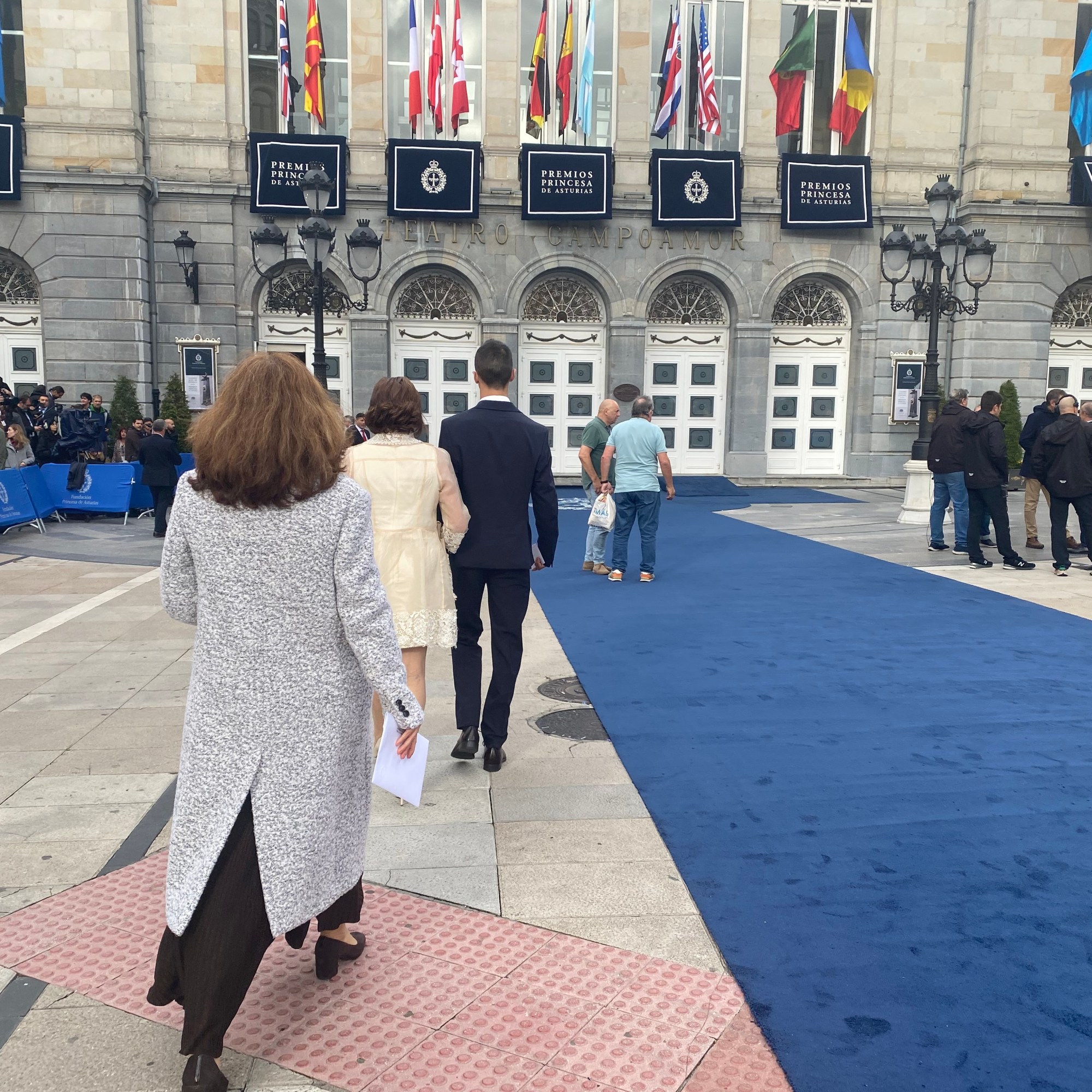Ana Blandiana, one of Europe’s most important yet overlooked poets, leads a struggle for justice in Romania, by exposing Communist atrocities and building a nation-wide civil movement for democratic reform.
She has published 17 books of poetry, two short story collections, ten books of essays and one novel. Her work has been translated into 26 languages published in 97 books of poetry and prose to date. Among her many awards, she has earned the European Poet of Freedom Prize, the Griffin Trust’s Lifetime Recognition Award, the Gottfried von Herder Prize from the Austrian Academy, the Women of Courage Award from the US State Department, and the Légion d’Honneur from France.
Her most recent publication, Five Books, contains five previously untranslated collections spanning her career. “Ranging across her writing life, they create a layered portrait of a complex yet consistent poetic identity…economy and focus are the hallmarks of this unflinching work of witness, to realities both intimate and international (The Guardian UK, Best Recent Poetry Roundup).”
Born in 1942, the daughter of a frequently-imprisoned Orthodox priest, Blandiana was banned from publishing before she was even officially recognized as a writer and resisted persecution, house arrest, death threats, and censorship during the Communist regime. Her poems were used as a form of resistance, representing the first samizdat of Romanian literature, anonymously handwritten and circulated underground. As Blandiana remarks, in a dictatorship poetry contains “the last molecules of freedom” which people breathe in order to feel free.
After the 1989 revolution, she threw herself into the tumult of changes to fight for freedom and democracy, and worked to create a new civil organization that culminated in a first of its kind memorial and museum to the victims of Communism. The formation of Alianta Civica was also a decisive factor which made possible Romania’s entry into the European Union.
Equally a critic of the Communist deprivations and the spiritual void following the transition to a kleptocratic Capitalism, Ana Blandiana continues to interpret the world through her poetry and speaks to bring justice to the forgotten.
